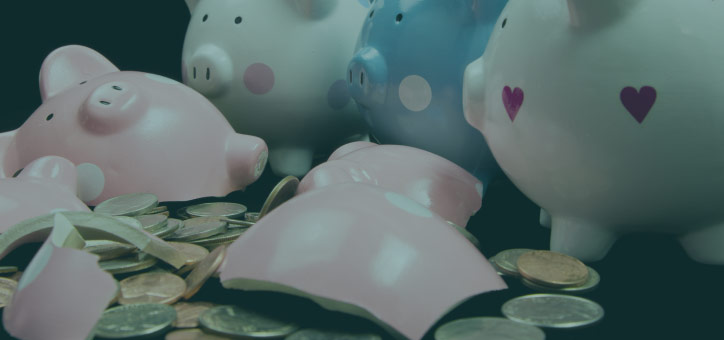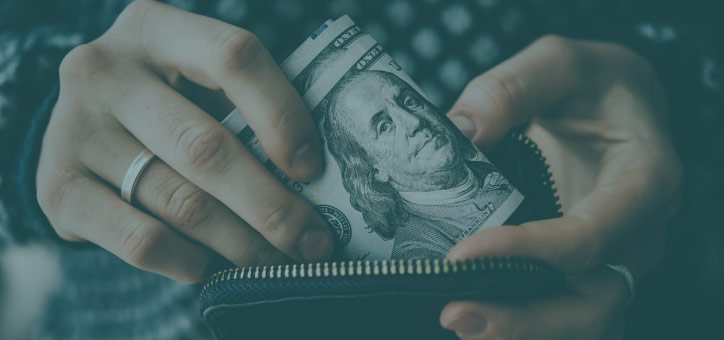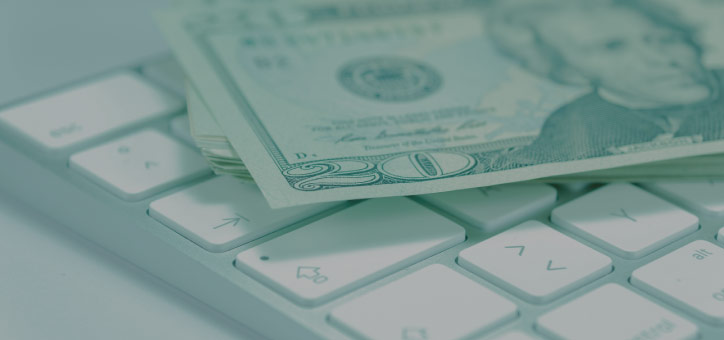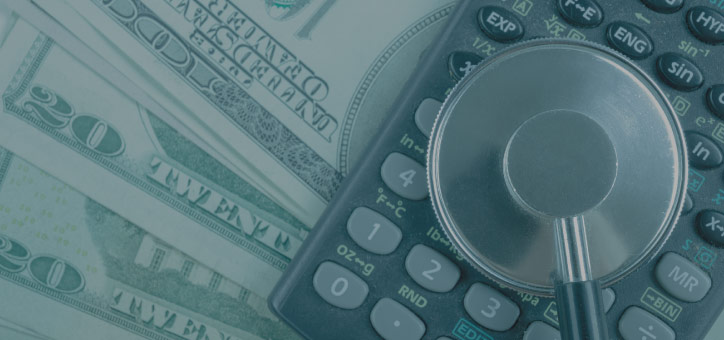You’re at your favorite store. Your favorite candies, drinks, fruits, and vegetables are right in front of you.
Unfortunately, it’s the 30th of the month, and you don’t get paid until the 31st. Therefore, you have less money to spend—$10 in total. You narrow down your decision to candy and a drink or fruit and a vegetable. Each combination costs $10. In your head, you weigh each option.
The candy and drink option may be tastier, but it’s less healthy and you’ll finish it in less time. On the other hand, the fruit and vegetable option will last for a couple of meals, but there’s not much in the way of immediate satisfaction. In economic terms, weighing the two options to choose what you want is known as a trade-off. What you sacrifice by choosing each option is known as the opportunity cost.
If you’re interested in pursuing an economics degree, you may also be interested in our Best Online Economics Degrees ranking, as well as our article on What is MPC in Economics, and Why Study Economics.
Why Is Trade-Off Important in Economics?

The previous example shows how trade-offs play a role in your day-to-day life. But massive businesses, national banks, and governments weigh far more complicated opportunity costs every day.
For example, let’s say a corporation is deciding whether to invest in branching out to a new city or to hire more people in the city where it’s already established. The trade-offs in this decision are significantly more challenging to weigh. Whether the corporation chooses physical or personnel expansion depends on costs, returns, employee satisfaction, the board of directors’ opinion, the views of stockholders, and how the city and state taxes may affect company performance and profits. Complicated indeed, right?
This either-or question affects every level of business, from federal to local to personal. In a free market, a trade-off can be the difference between bankruptcy and a million-dollar deal. To expand or shrink, to diversify holdings or consolidate them. These are a couple of examples of trade-offs that businesses often face. And with millions—or sometimes billions or trillions—of dollars as a consequence of a decision, it is impossible to overestimate the importance of weighing each trade-off that a company faces.
What Are More Examples of Trade-Off in Economics?

Let’s look at another example of an individual trade-off. You work a decent job, making $60,000 per year. You have no debt, but you lack savings and you’re not content in your current position. After researching potential options, you decide that you want to become a lawyer.
First, though, you have to attend law school for three years, which will cost you around $150,000. And because of law school’s required time investment, you can’t work for those three years. But there’s a light at the end of the tunnel; you already have a promised $120,000-per-year job as a lawyer once you finish.
Let’s look at the trade-off: You can go to law school, accrue debt, and have eventual savings; or you can continue working without any savings, but incur no debt.
Now let’s gather the numbers we need: your law school expense is $50,000 yearly, and your expenses are $60,000 no matter whether you’re in law school or continue with your job. Thus, you increase your debt by $110,000 for each year in law school. So what is the trade-off here?
After you graduate with $330,000 in debt, you’ll make $120,000 per year, $60,000 of which will go toward paying off your debt. Thus, it will take five-and-a-half years to become debt-free. After those five years, you can save $60,000 per year. Not too shabby, right? The opportunity cost of going to law school, then, is working a stable job that doesn’t put you in debt for over five years. The opportunity cost of continuing to work is sacrificing savings that would begin after five years of hard work.
Trade-Off in Economics: Final Thoughts
We would give you more examples of trade-offs in a business context, but you can imagine how convoluted it would get with more variables. The point is, a business must carefully make decisions in a free market, weighing various short- and long-term consequences. Given the importance of these decisions, trade-offs are one of the critical elementary topics of economics.
It can be challenging to convey the opportunity costs of decisions, especially when they contain multiple variables. Therefore, tools like the Pareto frontier exist for economists and others to visualize the trade-offs in any given situation. These tools are extremely useful, especially when you are presenting opportunity costs to somebody who isn’t acquainted with economic theory and the math it contains.
Remember that trade-offs aren’t just an economic theory: They pertain to every field, from biology to art to computer science and ethics. Tough decisions occur in every realm and involve every plant and animal on the planet.
Related:





